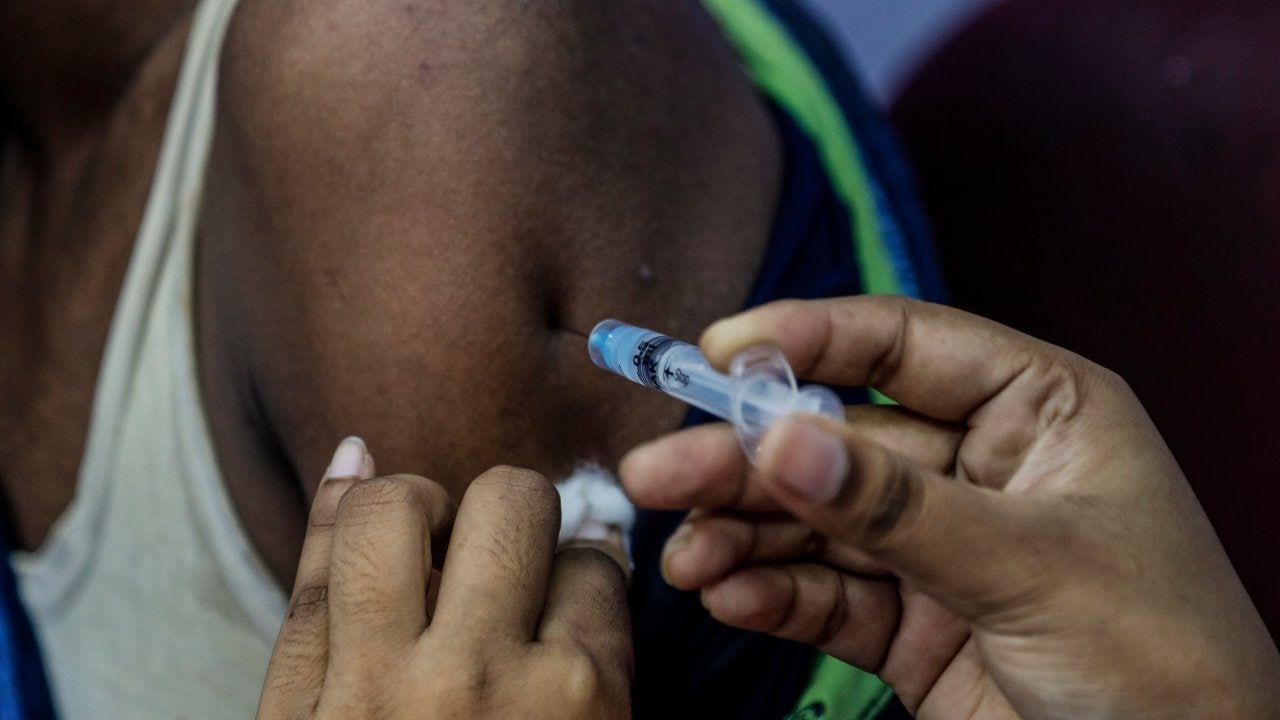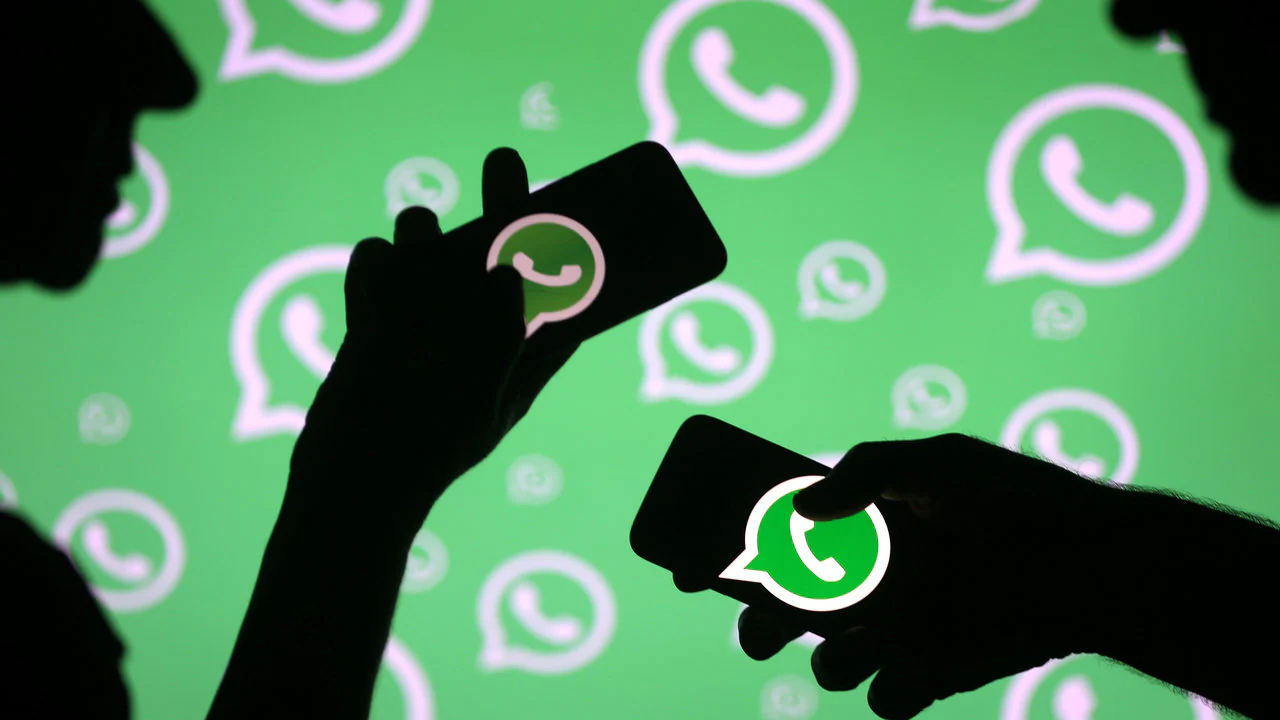WHO chief Tedros Adhanom Ghebreyesus is opposed to the widespread use of boosters for healthy people, as there is a need to get doses to poorer countries.
The United States and its health agency the Centre for Disease Control and Prevention recently announced that they will give a third shot of the COVID-19 vaccine (aka booster shot) to people who are most in need of it — the immunocompromised.
vaccine (aka booster shot) to people who are most in need of it — the immunocompromised.
Even the Czech Republic announced that it will offer a booster shot to anyone who is already been vaccinated with either a single or double dose. Germany and France have also jumped on the bandwagon.
A booster shot is an additional dose of the vaccine that is periodically given to ‘boost’ the immune system.
Where does India stand on offering a booster shot?
Dr Priya Abraham, Director of Indian ICMR-NIV, in an interview, said that there are trials that are on-going trials in other countries.
She said, “Studies on booster dose have been going on overseas and at least seven different vaccines have been tried out for booster dose. Now, the WHO has put a stop to it till more countries catch up with vaccination. This is because there is an alarming vaccine gap between high-income and low-income countries.”
However, Abraham said, “In future, recommendations for boosters will definitely come.”
Recently the World Health Organisation (WHO) Director-General Tedros Adhanom Ghebreyesus, while talking to reporters in Budapest said that he was disappointed that while many countries are struggling to administer their citizens with the first and second dose, richer countries are stockpiling excess.
He said he is opposed to the widespread use of boosters for healthy people, as there is a need to get doses to poorer countries.
He has asked these countries who have excess doses “to share what can be used for boosters with other countries so (they) can increase their first and second vaccination coverage.”
He has also called for a two-month moratorium on booster shots, at least till the end of September, to allow countries to catch up.
In an interview with The Wire, Chief Scientist of the World Health Organisation Dr Soumya Swaminathan echoed similar sentiments. She told journalist Karan Thapar that there are scientific and moral, and ethical reasons not to rush into boosters.
“…so it would also be in self-interest of countries who have excess doses now to send those doses out through Covax to countries that desperately need them,” she said.
What about the third wave in India?
The New York Times reported that a fourth wave is hitting the US. A combination of the Delta variant and a drop in vaccination numbers is causing a spike in COVID cases, again.
In India, we have vaccinated 67 Crore people as of today and while the overall cases are high, they are not too worrying.
Abraham said “new variants will keep on coming. We have two weapons which are the biggest protection. These are – wearing mask properly and actively encouraging everyone to get vaccinated. Then even if a wave comes, it will not be a big one.”
A study by ICMR states that while there is a possibility of a third wave taking place in India that may take place between September and October but it could likely be less severe than the wave that occurred in May-June.
The study also said that Delhi, Maharashtra and Uttar Pradesh may see a dip in cases or at least may not be hit as badly as the previous wave.
Dr Samiran Panda, ICMR’s epidemiology and communicable disease (ECD) head told The Times of India, “Nobody can predict the third wave for the whole country. It will now make sense only if district or state-specific data are used for specific projections. The wave may rear its head only if states remove restrictions prematurely.”
Even Swaminathan said that no one has a “crystal ball” and it’s impossible to predict the third wave.
“It will be impossible to predict when, where the third wave will be upon us and if at all a third wave will come. However, you can make an educated guess on some of the variables that have an impact on transmission,” she said.
Given the population size of India and the varying immunity status all over the country, it is likely that we will continue to see rise and falls in cases number all over the country.
“As far as India is concerned that seems to be what is happening and because of the size of India and heterogeneity of population and immunity status in different parts of the country in different pockets, it is very very feasible that the situation may continue like this with ups and downs in different parts of the country, particularly where there are more susceptible population, so those groups who were perhaps less affected by first and second waves or those areas with low levels of vaccine coverage we could see peaks and troughs for the next several months,” she said.
She said she hopes that by the end of 2022 “we would be in that position that we have achieved vaccine coverage, say 70 percent, and then countries can get back to normal”.
New vaccines in India
Currently, we have three approved vaccines in India that are being administered to the citizens. They are – Serum Institute’s Covishield, Bharat Biotech’s Covaxin and Russia’s Sputnik V.
Apart from these, other vaccines will soon be made available. Zydus Cadila’s vaccine will be the first DNA vaccine that will be available for use. It is expected to be launched by the end of this month.
Another vaccine is Gennova Biopharmaceuticals Ltd.’s mRNA vaccine, Biological-E vaccine, Serum Institute of India is working to get Novovax available and an intranasal vaccine developed by Bharat Biotech.
Vaccines effectiveness against Delta variant
The new Delta variant has been detected in most countries around the world. It is known to be more infectious and more than 2x contagious than previous variants. Some data has shown that it can even spread to vaccinated people leading to breakthrough cases and has increased transmissibility.
Abraham said, “In NIV we have done studies on this variant (Delta). We have studied the antibodies produced in the bodies of vaccinated people and checked it against this variant. It has been found that efficacy of antibodies against this variant has been reduced two to three folds.”
Many of the vaccines available cannot protect you from the virus but they can reduce the severity of the infection, keeping you out of the hospital and increasing your chances of living.
“Yet, the vaccines are still protective against the variants. They may show a little less efficacy, but vaccines are very important to prevent serious forms of disease due to which patients may get hospitalized and even die. So, whatever the variant, vaccine is till now protective against all, including the Delta variant. So, there should not be any hesitancy at all.”










